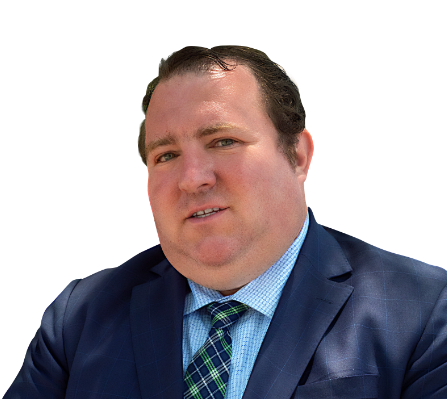The New York State Legislature of the Marijuana Regulation and Taxation Act will legalize the adult use of marijuana in New York for individuals 21 years of age and older, Gov. Andrew Cuomo signed the bill into law today. For years the police have arrested people for merely possessing marijuana, however, for individuals who possess small quantites of marijuana for personal use, those days are over. Our New York City and Westchester criminal defense lawyers applaud the decriminiliation of marijuana for recreational purposes.

The bill (S.854-A/A.1248-A) establishes the Office of Cannabis Management and the Cannabis Control Board to regulate the cannabis industry. The legislation would use revenue from adult-use marijuana to invest in education and communities that have been disproportionately targeted by state and federal drug laws. New York will join 14 states, two territories and the District of Columbia in legalizing the adult use of marijuana. This will create jobs across all aspects of the industry from agriculture to retail.
“For too long the prohibition of cannabis disproportionately targeted communities of color with harsh prison sentences and after years of hard work, this landmark legislation provides justice for long-marginalized communities, embraces a new industry that will grow the economy, and establishes substantial safety guards for the public,” Gov. Cuomo said. “New York has a storied history of being the progressive capital of the nation, and this important legislation will once again carry on that legacy. I look forward to signing this legislation into law.”
The legislation will allow for the adult use of cannabis for those 21 years of age and older, and provide for the possession of three ounces of cannabis and 24 grams of concentrated cannabis. It removes cannabis from the list of controlled substances.
Much of the revenue from the legalization of adult-use marijuana will go to the Community Grants Reinvestment Fund, which will be administered by the OCM advisory board and allocated to community-based nonprofits to reinvest in communities disproportionately impacted by state and federal drug laws, as well as providing substance use disorder services, mental health services, services to address adverse childhood experiences, and afterschool and child care services. It will also support education through the State Lottery Fund and the Drug Treatment and Public Education Fund, which would require the Department of Health (DOH) and Office of Addiction Services and Supports (OASAS) to establish substance use disorder treatment programs for youth and adults.
State officials estimate that the legalization of adult-use cannabis will generate $350 million annually and potentially create 30,000 to 60,000 jobs. All cannabis taxes will be deposited in the New York State Cannabis Revenue Fund. Revenue covers reasonable costs to administer the program and implement the law. The remaining funding will be split three ways: 40% to Education, 40% to Community Grants Reinvestment Fund and 20% to Drug Treatment and Public Education Fund.
The bill also expands New York State’s existing medical marijuana and cannabinoid hemp programs. The legislation provides licensing for marijuana producers, distributors, retailers, and other “actors” in the cannabis market, and creates a social and economic equity program to assist individuals disproportionately impacted by cannabis enforcement that want to participate in the industry.
Among some of the other key components of the legislation include:
The newly established Office of Cannabis Management will be charged with enforcing a comprehensive regulatory framework governing medical, adult-use cannabinoid hemp. It will be governed by a five-member board, with three members appointed by the governor and one appointment by each house. OCM will be an independent office operating as part of the New York State Liquor Authority.
The legislation will allow people with a larger list of medical conditions to access medical marijuana, increase the number of caregivers allowed per patient, and permit home cultivation of medical cannabis for patients.
The legislation will create a two-tier licensing structure that will allow for a large range of producers by separating those growers and processors from also owning retail stores. The legislation creates licenses for producers and distributors, among other entities, and the legislation will implement strict quality control, public health and consumer protections.
A social and economic equity program will facilitate individuals disproportionally impacted by cannabis enforcement, including creating a goal of 50% of licenses to go to a minority or woman owned business enterprise, or distressed farmers or service-disabled veterans to encourage participation in the industry.
The bill implements a new cannabis tax structure that will replace a weight-based tax with a tax per mg of THC at the distributor level with different rates depending on final product type. The wholesale excise tax will be moved to the retail level with a 9% state excise tax. The local excise tax rate will be 4 percent of the retail price. Counties will receive 25% of the local retail tax revenue and 75%will go to the municipality.
The legislation permits the sale of hemp flower in the cannabinoid hemp program, and allows for smokable forms only when adult use retail stores are operationial. Our New York criminal defense lawyers, who have for decades defended those accused of drug crimes applaud the de-criminalization of marijuana.
